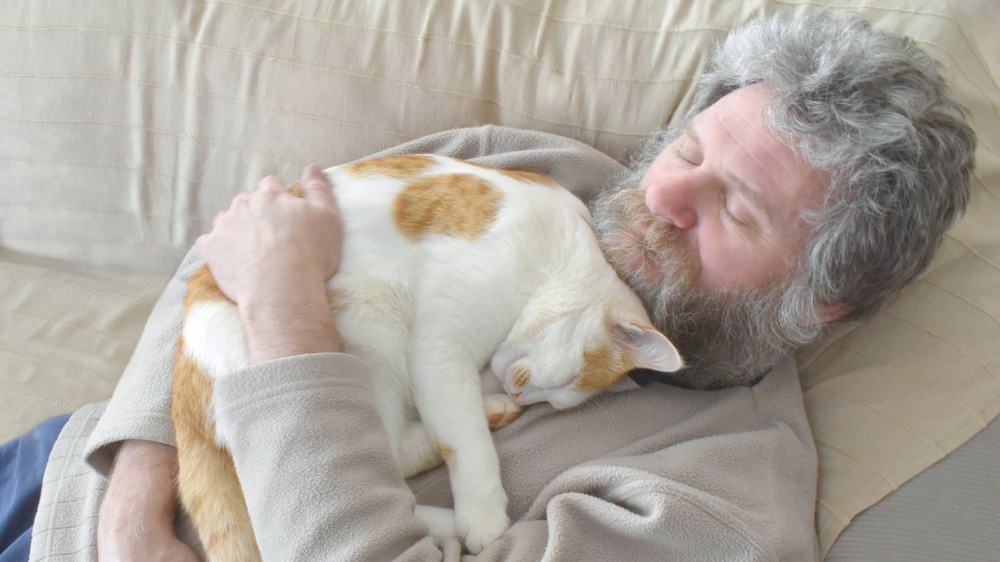Sleeping is not just about closing your eyes and hoping the sandman does his job. It’s an art, a blend of science and routine, an act of self-care. Yet, many of us sacrifice these precious hours of sleep on the altar of work, screens, or the simple “I’ll just watch one more episode.” So, how can you turn your nights into true health elixirs? Discover the secrets to optimize your nights a fertile ground for your well-being. Spoiler: it all begins before you even lay your head on the pillow!
Sleep: A Vital Ally Too Often Neglected
Sleep is much more than mere rest. While you dream of sunny vacations or wild adventures, your body is hard at work: cell repair, immune system strengthening, memory consolidation… Sleeping is the foundation of lasting health. However, a study by the National Sleep Institute reveals that 30% of the French sleep less than six hours a night, well below expert recommendations (7 to 9 hours).
The consequences are quick to follow: fatigue, irritability, weight gain, and increased risk of cardiovascular diseases. Fortunately, it is possible to optimize your nights by adjusting your environment, habits, and sometimes, your mindset.
A Pillow (and Mattress) Worthy of Your Dreams
Your Bedding: A Matter of Sensitivity
Good sleep starts with good bedding. If your mattress is too firm, it can turn your nights into a back nightmare. Too soft, and you risk waking up with subtle pains. Choose a mattress that suits your body type and preferences: memory foam, latex, or springs.
As for pillows, say goodbye to the one that’s pancake-flat after years of loyal service! An ergonomic pillow, tailored to your sleep position, can make all the difference. Do you sleep on your back, side, or stomach? The answer will determine the ideal pillow thickness.
The Perfect Atmosphere: Light, Temperature, and Silence
Light: Your Internal Conductor
Your circadian rhythm – the internal clock that regulates sleep and wakefulness – is highly sensitive to light. Expose yourself to natural light in the morning to send a clear message to your brain: “It’s time to wake up!” In the evening, dim the lights, and turn off screens (yes, even Instagram!) at least an hour before bed.
Silence or Almost
For city dwellers, street or neighbor noise can disrupt sleep. Earplugs, a white noise machine, or headphones playing relaxing music can help.
Temperature: Not Too Hot, Not Too Cold
Science is unanimous: a cool room, around 18°C, is ideal for falling into the arms of Morpheus. Too hot? Your body struggles to regulate its temperature, disturbing deep sleep.
Bedtime Ritual: Prepare Your Mind for Disconnection to optimize your nights
Adopt a Calming Routine
Your brain loves habits. A regular evening ritual – like having a herbal tea, reading a few pages of a novel, or practicing meditation – signals to your mind that it’s time to unwind.
Exit Mental Load
Write a to-do list or jot down your concerns before bed to avoid ruminating on a thousand thoughts under the covers. Your mind will be freer to dream you’re swimming with dolphins!
Eat and Move: The Winning Duo for Deep Nights
Eat to Sleep
A light dinner, taken two to three hours before bed, helps avoid nighttime digestive issues. Some foods, like bananas, nuts, or tryptophan-rich products (eggs, cheese), promote serotonin and melatonin production, sleep hormones.
Avoid Sleep’s Worst Enemies
Alcohol might help you fall asleep… but it seriously disrupts deep sleep. As for caffeine, it can stay active in your body for up to eight hours. So, limit coffee after 3 PM!
Move, But Not Too Late
Regular physical activity is a great way to sleep better, but avoid intense sessions just before bed. Opt for relaxing exercises like yoga or gentle stretching in the evening.
Manage Stress, the Big Sleep Saboteur
Active Relaxation:
Your Secret Weapon
If your mind keeps spinning at night, try relaxation techniques. Abdominal breathing, for example, sends a direct signal to the brain to calm the nervous system.
Clear Your Mind
Learning to let go, whether through meditation or apps like “Headspace,” can work wonders to improve your sleep quality.
When to Seek Help?
If despite all your efforts, your nights remain chaotic (chronic insomnia, sleep apnea, frequent awakenings), don’t hesitate to consult a specialist. Sleep is too precious to neglect.
Conclusion
Sleep is a cornerstone of your health, as important as diet and physical activity. to optimize your night, y adjusting and optimizing your bedding, environment, eating habits, and stress management, you open the door to restorative nights and better overall health. So, ready to make sleep your superpower?
Sources :


